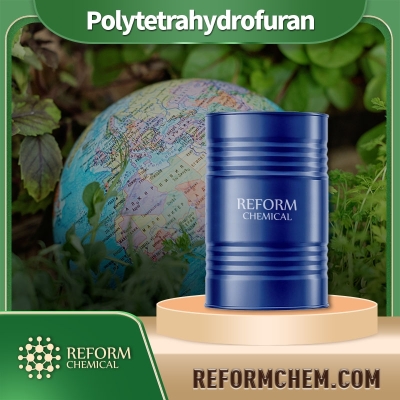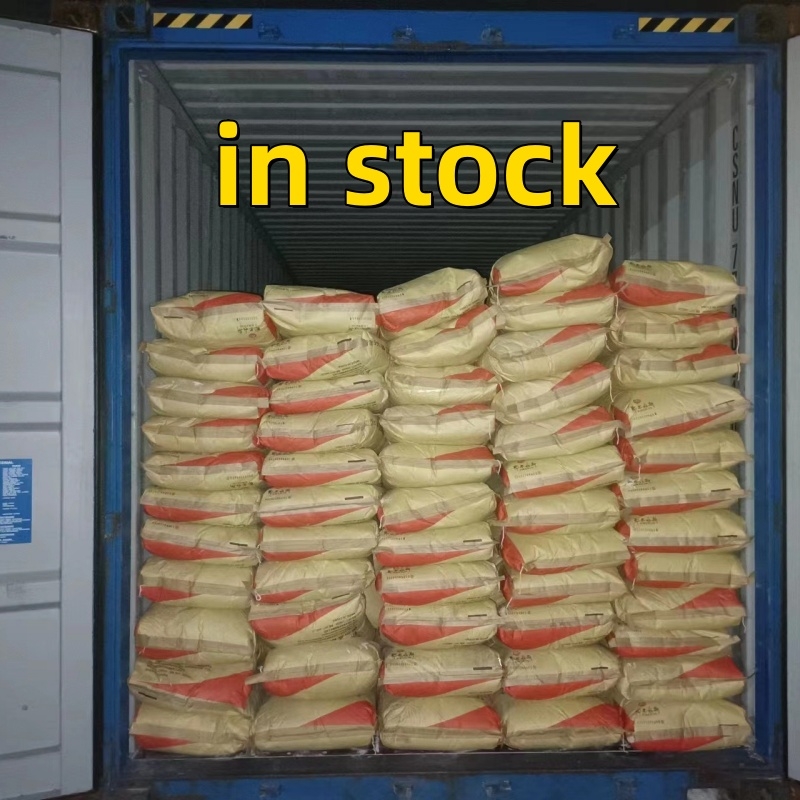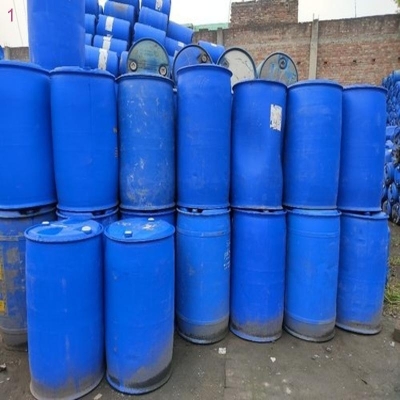-
Categories
-
Pharmaceutical Intermediates
-
Active Pharmaceutical Ingredients
-
Food Additives
- Industrial Coatings
- Agrochemicals
- Dyes and Pigments
- Surfactant
- Flavors and Fragrances
- Chemical Reagents
- Catalyst and Auxiliary
- Natural Products
- Inorganic Chemistry
-
Organic Chemistry
-
Biochemical Engineering
- Analytical Chemistry
-
Cosmetic Ingredient
- Water Treatment Chemical
-
Pharmaceutical Intermediates
Promotion
ECHEMI Mall
Wholesale
Weekly Price
Exhibition
News
-
Trade Service
Beets become chemicals
AkzoNobel has joined forces with Suiker Unie, Rabobank, Deloitte, Investment and Development North Holland, Groningen Seaport and the Province of Groningen to study how sugar beets can be used as a feedstock to produce chemicals
.
The companies and institutions involved in the study commissioned Deloitte to conduct a feasibility study for the project, conduct independent and rigorous evaluation and feasibility economic analysis
of some cases of commercial production in the Delfzail Chemical Park in the Netherlands.
AkzoNobel and industry partners are working together to develop synthetic chemicals in a more sustainable and cost-effective way to replace increasingly scarce non-renewable raw materials
.
A recent report by Deloitte notes that the Netherlands has been far ahead in controlling the cost of sugar production, and sugar beet production is also expected to increase
significantly due to deregulation.
Knut Schwalenberg, Managing Director of AkzoNobel's Industrial Chemicals business unit and responsible for the company's operations in the Delfzail region, explains: "Sugar beets are abundant in the Netherlands and now we are looking at how we can create more value with them, such as the innovative production of other products and jobs
with sugar beets.
Marco Waas,
Director of R&D Innovation Technology at AkzoNobel Industrial Chemicals, said: "We are committed to driving sustainable growth
through innovation.
The project is promising, in line with our philosophy of sustainable home, through the development of new technologies to reduce our dependence on fossil-based materials and reduce our environmental impact
along the entire value chain.
Albert Markusse, CEO of Suiker Unie, commented on the collaboration: "This collaboration spans a wide range of industries and sectors, including agriculture, the chemical industry and logistics
.
This has far-reaching
implications for all participating businesses and institutions.
Siem Jansen, President of
Rabobank (NOM), also has high hopes for the cooperation: "Sugar beet is not only the main crop in the north of the Netherlands, but also abundant on the German border
with the Dutch state of Lower Saxony.
The new value we give to sugar beets will have a positive impact on the entire value chain and contribute significantly to the development of
the regional economy.
The
study will take three months to complete, and the partners expect to find one or more success stories
for commercial sugar beet production in the region.
(Gan)







